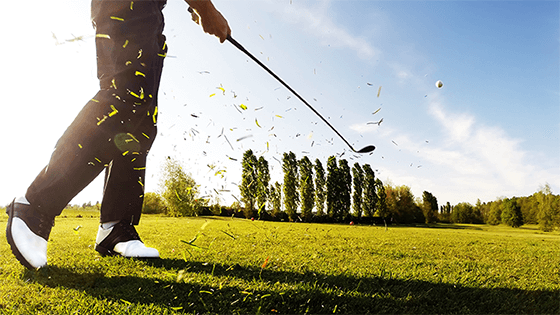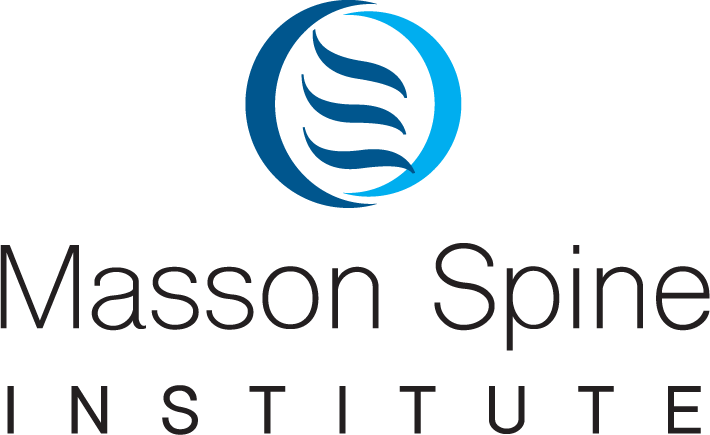
NECK PAIN: IS IT SOMETHING YOU SHOULD WORRY ABOUT
A beautiful day at your favorite course, ball lying deep, a hard swing that doesn’t quite float through and bam, you feel a twinge in your neck. The next morning your neck is stiff, aching and you can’t turn your head. Now what?
Wait a minute, don’t panic, most herniated discs are not severe and greater than 90 percent will not even require intervention, but it is important to understand which ones are severe enough to cause permanent injury. There are instances where damage to a nerve or spinal cord can cause lasting damage. What are the signs of a potential problem and what should you do about it?
Signs of Nerve Injury
There are many vague symptoms that can be shared with a musculoskeletal injury or a herniated disc, and the test of time will usually sort these out. These include neck pain, stiffness, soreness, reduced range of motion and headache.
There are very easy to recognize symptoms of spinal cord and nerve involvement, and these should cause you to seek early attention from your physician. Any neck pain associated with numbness of the hands or arms, electrical shocks going down your arms or spine, weakness in push, pull, grasp, your wrists or your walk are major worries and need prompt attention.
Dyscoordination or difficulty picking things up or manipulating them with your fingers may be clues to subtle sometimes confusing nerve damage.
If you have any of these confusing and scary symptoms, you should promptly see your physician who will decide whether or not you require an mri of the cervical spine. This noninvasive, simple test can easily tell whether you are at risk for further spinal cord or nerve injury in the hands of a spine expert.
It is a big mistake in the face of true neurological symptoms to assume anything, and have your condition treated with manipulation or traction, or even to ignore it, without proper evaluation. While most of the time neck problems are self-limited, we play golf to master our management of our skills, and our adversities, our weaknesses and good common sense. Golf is the ultimate game of common sense and we do not want to miss the opportunity to take care of a problem before it can take care of us.
Again, most of the time, our stiff, achy, painful neck will get better in a few days, but play smart and safe and know the difference when it counts.
Treatment
There is good news for treatment. Recently, artificial discs in the cervical spine have become available in the United States and abroad that can allow surgical repair for a herniated disc, without the need for fusion and with a quick and rapid recovery time, many people back to their normal regimen within several weeks of surgery, even playing golf. Only spine experts can properly evaluate you for this potential treatment, should you be one of the few, who has neurological symptoms or who fails to improve with the best medicine of all, a tincture of time.
Robert L. Masson, M.D.
President, Masson Spine Institute




